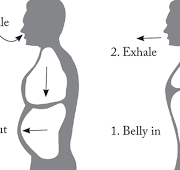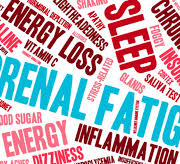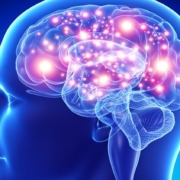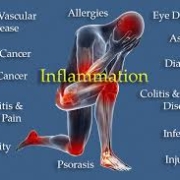What Is Hypoglycemia and Reactive Hypoglycemia?
What is Hypoglycemia?
One common problem that we look at in the office is hypoglycemia, or low blood sugar. If you have hypoglycemia, you probably feel pretty “blah” most of the time: brain fog, sluggishness, irritability, no fun at all. By looking at ways to assist your body and changing some lifestyle factors within your life, we can help you manage your hypoglycemia.
A normal fasting blood sugar range should be anywhere between 85-100. When this level is below 65 it has potential of causing a medical issue, for example, if there are underlying adrenal dysfunction. Please see below for a list of common low blood sugar symptoms:
Symptoms of low blood sugar:
- Increased energy after meals
- Craving for sweets between meals
- Irritability if meals are missed
- Dependency on coffee and sugar for energy
- Becoming light headed if meals are missed
- Eating to relieve fatigue
- Feeling shaky, jittery, or tremulous
- Feeling agitated and nervous
- Become upset easily
- Poor memory, forgetfulness
- Blurred vision

Along with Hypoglycemia, where your blood sugar is chronically low, there is Reactive Hypoglycemia. This is where the body is similar to a rollercoaster. After you eat, your blood sugar steeply rises and the lab ranges are between 65 and 85. When you have Reactive Hypoglycemia your blood sugar levels drop too quickly leaving you with the negative side effects. Too much insulin is being produced and released by the pancreas after a large carbohydrate-based meal. The excess insulin production continues even after the glucose was digested by your body, causing your blood sugar levels to drop even further.
How Can You Manage Your Symptoms?
The two most significant factors of hypoglycemia in the Western world are diet and stress. The Western diet consists of mainly carbohydrates and snacks that consist of sugar. Stress is correlated with adrenal function and adrenal function is a factor that effects blood sugar. By changing your diet and handling other underlying problems that may be causing you to have hypoglycemia or symptoms of hypoglycemia, we can assist with those negative side effects. If you would like more information on adrenal function and blood sugar, please view the blog post titled, “How Are Blood Sugar and Adrenal Function Connected.”
If you have any questions, please feel free to call the office.
Here’s To A Better Life,
Dr. Steve Puckette









